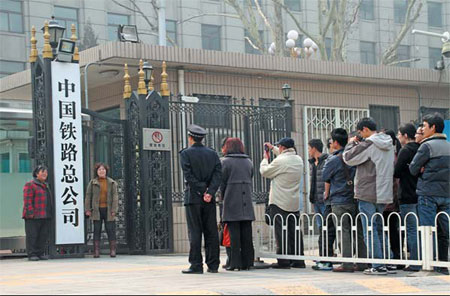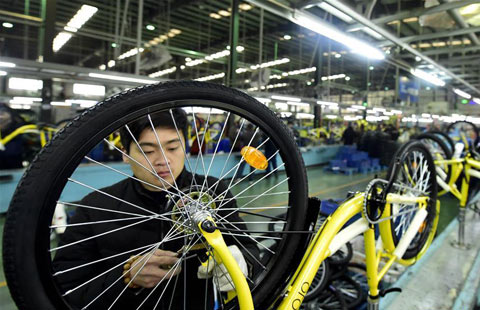Reorganized railways an engine for reform
Ministry's demise sparks questions over price hikes and investment, Xu Wei reports in Beijing.
The dismantling of the Railways Ministry, which was announced in March, has been seen by many as removing the largest obstacle to long-awaited reforms of China's rail industry.
With its administrative powers absorbed by the Ministry of Transport and the new China Railway Corporation taking charge of its commercial side, many saw the move as a major step in transforming an industry that for decades has been a key feature of the planned economy.
"This lays the foundation for future reforms," said Zhang Guoqiang, a researcher for the National Development and Reform Commission's Comprehensive Transport Institute.
Yet, he warned, "there has to be more substance to this than merely breaking the Railways Ministry into two parts".
Indeed, the dismantling of the ministry has led to questions - and no little debate among experts and industry insiders - about what should come next.
Should the corporation accept private investment? Should fares be increased? And, arguably the most divisive point, should the national monopoly be broken up into regional rail operators to encourage market competition?
Zhang said he believes reform is the only choice for solving long-standing problems within the network, as well as improving efficiency and supervision against corruption.
For example, rail routes in many European countries are connected to seaports, "but efforts to do that in China since the 1980s have come to nothing," he said. "The failure has largely been due to the rigid railway system."
Although opportunities abound, one thing experts agree on is that any changes to the network need to be gradual and made with caution.


















